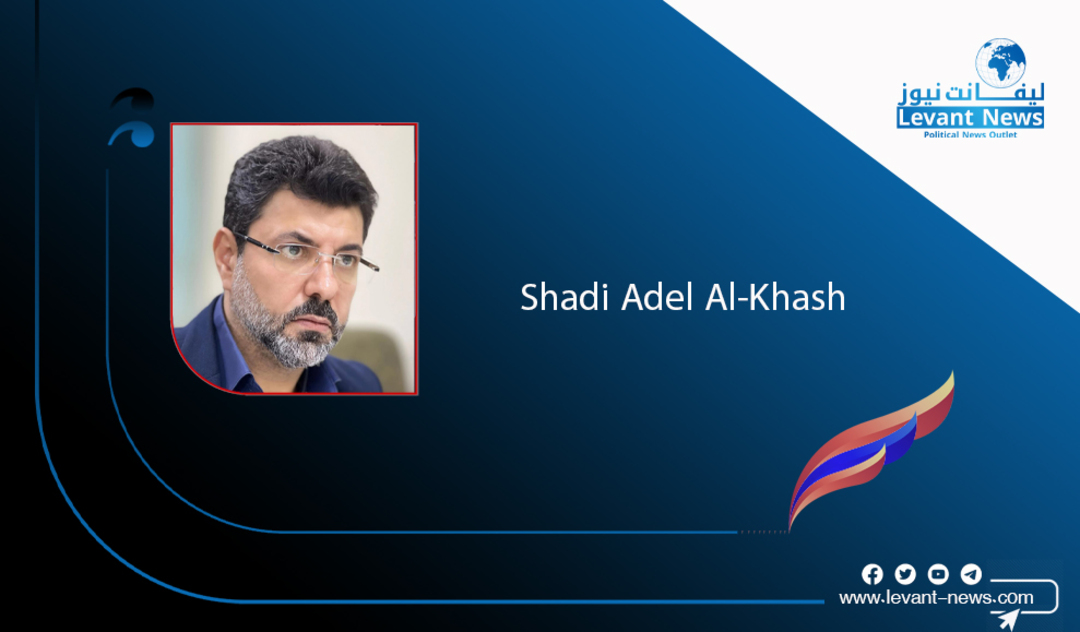-
France Shakes Hands with al-Jolani… When Tyranny Smells of Modernity

It often happens that regimes collapse. It also happens that forces of reality rush in to fill the void. But when France intervenes, something different occurs: it does not lean toward those representing change, but toward those who can be tamed.
This is what happened after the Iranian Revolution, after Gaddafi’s fall, and today, after the collapse of Bashar al-Assad’s regime. In this context, Paris finds itself closest to the hand of Ahmad al-Shar’a, the interim president of Syria—coming out of the Jihadist front, self-proclaimed as a ruler with absolute powers over a collapsed state, through a constitutional declaration that resembles a jihadist oath more than a political contract.
Since the announcement of Shar’a’s possible visit to Paris, whispers have spread. How can a Western country like France, which previously classified Jabhat al-Nusra as a terrorist organization, open the Élysée Palace to a man who has not been tried in an international court, who did not come through ballots but through the theory of dominance?
But those who know France aren’t surprised. France has no problem dealing with tainted hands—as long as it no longer holds power over weapons, but over signatures.
In the language of the Fifth Republic, democracy is not a prerequisite for dealing; rather, the ability to impose discipline is what matters.
Idris Deby ruled Chad as a military leader until his death, and France approved his son’s succession with a cold statement of “continuity.”
In Gabon, Bongo continued his father’s tyranny for decades, under explicit French auspices, until a military coup overthrew him. Paris then fell silent and adapted.
Lebanon in the 1980s teaches other lessons: alliances with Hezbollah, hostage deals, backdoor negotiations. As for Mali, it was the clearest example of the “alliance with those who control,” even if their grip is stained with extremism.
Today, France finds no obstacle in repeating the same game. The new Syrian president, Ahmad al-Shar’a, despite his long record, presents himself confidently as a statesman.
He talks about sovereignty, forms governments, signs decrees, and wears a formal suit. He is no longer a prince but an interim leader of a stricken state, ruling with an iron fist amid seemingly civilian institutions. The constitutional declaration he issued was not approved by an elected body, nor was it put to a referendum. Still, it grants him the same authority as Hafez al-Assad’s 1973 constitution—and even more.
This is not a state but an authority structure. And France is skilled at dealing with such structures. It does not seek legitimacy but rather suitability for employment.
Can Shar’a stabilize northern and central Syria? Does he hold the keys to negotiations with Turkey? Can he curb Iranian influence? Does he have security personnel capable of ensuring the safety of Western oil companies if they return to Homs and Deir ez-Zor? These are the questions circulating in Paris, not who elected this man.
What Ahmad al-Shar’a is doing in Syria is crafting a new form of tyranny—more voluntary, quieter, but more dangerous. The new tyranny does not carry a slogan like “forever,” but rather “legitimacy by de facto rule.”
It does not need shouts or wall posters; it requires a constitutional declaration defining absolute powers, a technocratic government managing the debris, and international relations cooling popular anger.
Despite all this, France finds what pleases it in this project. A leader with a radical past but now acting pragmatically—a better option than a fragmented opposition without decision-making power.
A leader emerging from outside the elite circles that France refuses to deal with—an opportunity to rebuild its influence in a country that has been out of its sphere for decades. And Israel—even if it doesn’t publicly say so—may prefer a manageable leader over chaos filled with weapons in the south.
But the dilemma is that despite all his superficial transformations, Shar’a has not changed the game rules—only the rhetoric. He has not abandoned his central authoritarianity but has requalified it linguistically. He has not shifted Syria toward the rule of law but is trying to establish authority that recognizes the West and reproduces internal hegemony.
Ironically, this project finds supporters in Europe—under the guise of realism.
When France shakes hands with Ahmad al-Shar’a, it does so not out of momentary illusion but out of a legacy of actions that turned the Élysée into a platform for recycling power—not questioning it.
It’s not the first time Paris has hosted a controversial leader as if nothing happened. Bashar al-Assad was welcomed with a red carpet in 2008, at the peak of European hopes to tame his regime through partnership and normalization, only to later realize the fallacy of that illusion.
Levant: Shady Adel Al-Khash
You May Also Like
Popular Posts
Caricature
opinion
Report
ads
Newsletter
Subscribe to our mailing list to get the new updates!




















